Structural Heart Disease Fellowship
The purpose of this program is to prepare fellows to care for patients with acquired or congenital cardiovascular pathologies that involve the major central cardiovascular structures outside of the acquired atherosclerotic coronary and peripheral vascular pathologies.
Structural Heart Disease Fellowship
The purpose of this program is to prepare fellows to care for patients with acquired or congenital cardiovascular pathologies that involve the major central cardiovascular structures outside of the acquired atherosclerotic coronary and peripheral vascular pathologies.
Overview
Structural heart disease is congenital or acquired pathologies outside of atherosclerosis. The growth of percutaneous therapies for the treatment of structural heart disease has led to the need to train high-quality physicians with expertise in these diseases and procedures. The Interventional Structural Heart Disease Fellowship at Brown is a 1 year, non-ACGME, program designed for fellows that desire further training in structural heart disease, non-coronary interventions, and high risk percutaneous coronary intervention. The experience includes clinical, diagnostic, and catheter-based therapy. To be eligible, fellows must complete an ACGME approved 1 year training program in Interventional Cardiology.
The program will provide multidisciplinary training in the evaluation and treatment of patients with:
- Valvular Heart Disease including balloon valvuloplasty, transcatheter aortic valve replacement (TAVR) and percutaneous mitral and tricuspid valve repair
- Congenital heart disease including closure of atrial septal defect and patent foramen ovale
- Complex coronary disease including treatment of left main disease and use of percutaneous left ventricular assist device
- Transseptal catheterization and Left atrial appendage occlusion
Fellowship Director
-

Paul Gordon, MD
Professor of Medicine; Clinician Educator; Program Director, Structural Heart Disease Fellowship; Interventional Cardiologist, Brown University Health Cardiovascular Institute
Faculty
-
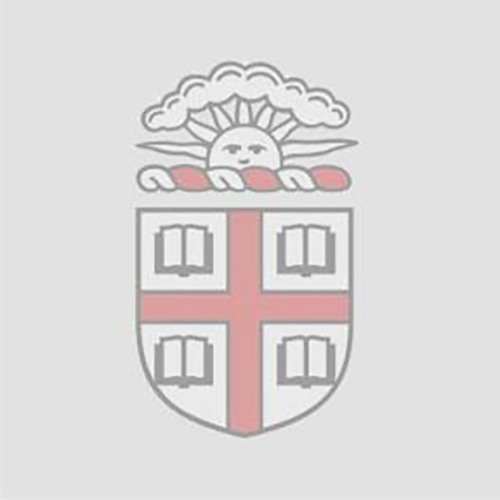
Barry Sharaf, MD
Associate Professor of Medicine; Interventional Cardiologist, Brown University Health Cardiovascular Institute -

Frank Sellke, MD
Professor of Surgery; Cardiothoracic Surgery -
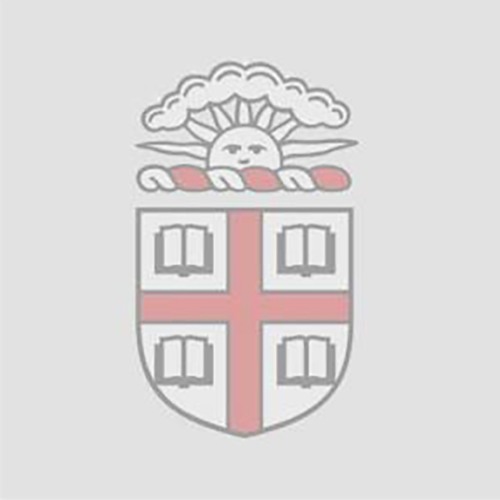
Neel Sodha, MD
Associate Professor of Surgery -

Mark Cunningham, MD
Cardiothoracic Surgery -
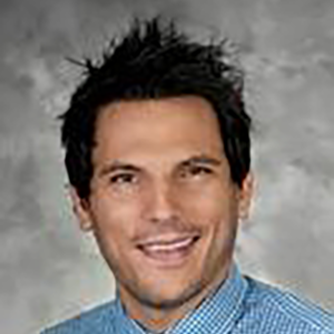
Philip Haines, MD
Assistant Professor of Medicine; Director, Structural and Interventional Echocardiography; Associate Director, Echocardiography Laboratory, Rhode Island Hospital -

Mandal Kaushik, MD
Cardiothoracic Surgery -
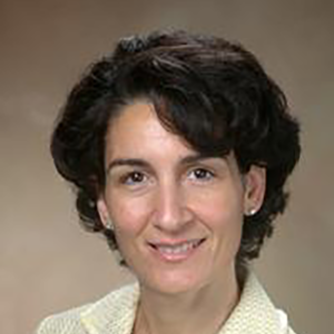
Athena Poppas, MD
Professor of Medicine; Chief, Cardiology Division; Director, Brown University Health Cardiovascular Institute -
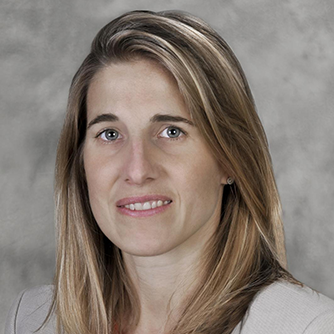
Katharine French, MD, MPH
Assistant Professor of Medicine; Program Director, General Cardiology Fellowship Program; Director, Women’s Cardiac Center, Brown University Health Cardiovascular Institute -
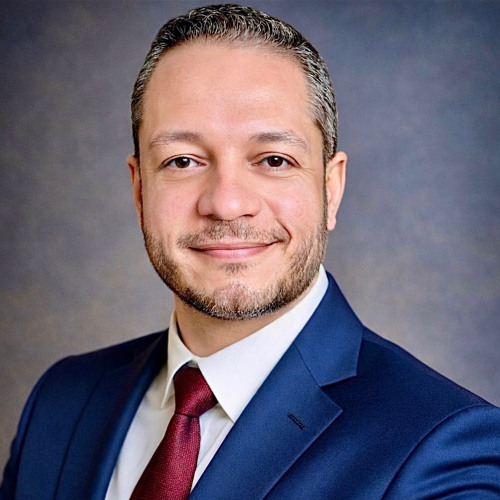
Marwan Saad, MD
Assistant Professor of Medicine; Program Director, Interventional Cardiology Fellowship; Director, Interventional Structural Heart Research, Brown University Health Cardiovascular Institute -
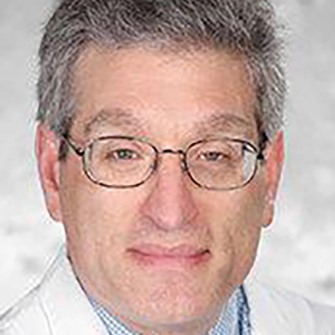
Franklin Schneider, MD
Clinical Assistant Professor of Medicine
Program Description
Positions
One position is available each year in the Advanced Interventional Structural Heart Disease Fellowship at Brown. Individuals are selective based on a competitive application process.
Overall Goals & Objectives
The purpose of the training program in interventional structural heart disease is to prepare fellows to care for patients with acquired or congenital cardiovascular pathologies that involve the major central cardiovascular structures outside of the acquired atherosclerotic coronary and peripheral vascular pathologies. The program also includes a research component.
Conferences
- TAVR multidisciplinary conference (weekly)
- Cardiology grand rounds (weekly)
- Morbidity and Mortality conference (quarterly)
- Cardiac projects research conference (monthly)
- Clinical cardiac cath conference (weekly)
- Interventional didactic conference (weekly)
Curriculum
Salary & Benefits
Salary is commensurate with PGY8 level.
Fellows receive four weeks paid vacation each year and each fellow’s attendance at one national meeting or conference each year is supported. The hospital provides fellows with professional liability insurance, a limited state license and state controlled substance license. Medical, dental, and life insurance costs are shared with the hospital.
Applicants should be aware that per current Rhode Island State Law, trainees in non-ACGME programs are required to obtain a full Rhode Island medical license, along with Federal DEA registration certificate.
Application Information
Please reference the application form below and submit it to our office, along with all required documents by mid-September. Three letters of reference are required, including one from your Interventional Cardiology Fellowship Program Director.
Note: The Structural Heart Disease program does not support applicants on any type of visa.
If you have any questions please contact:
Jane Freer
Program Coordinator
Rhode Island Hospital / Brown University
Tel: (401) 444-8689
Fax: (401) 444-4652